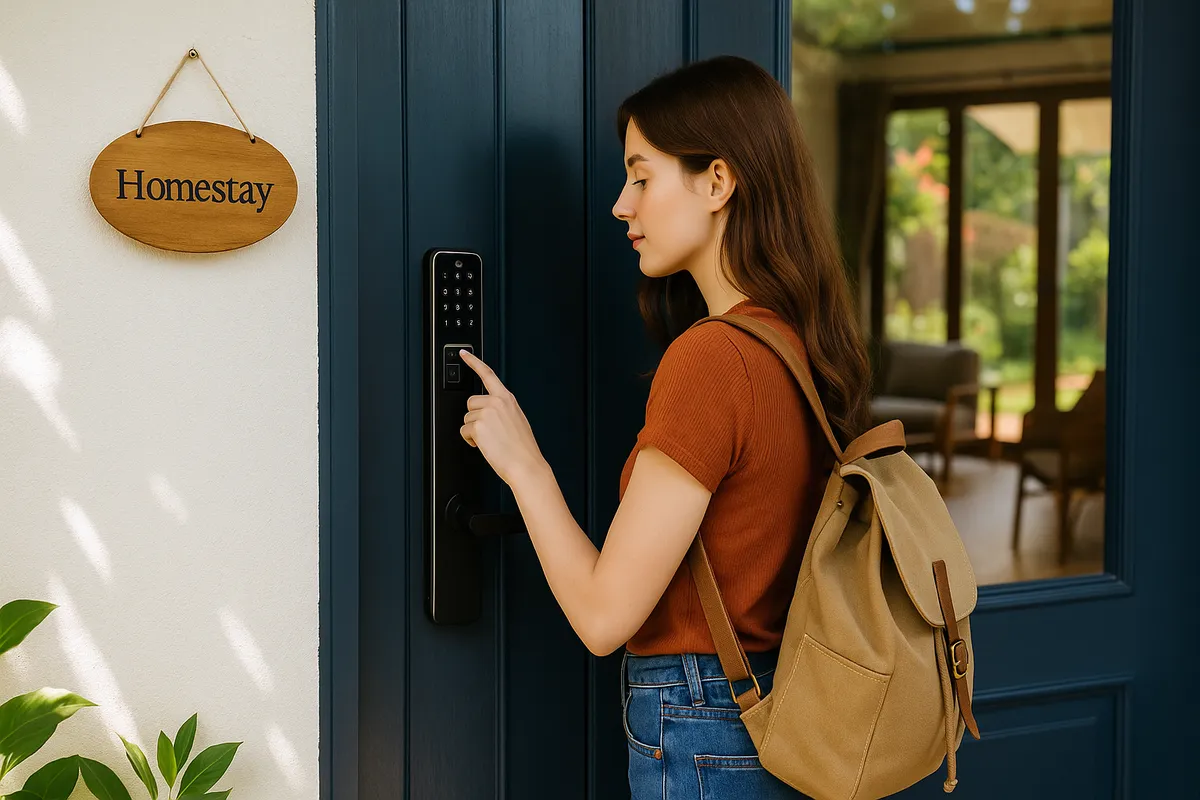Mistakenly Charged Travel Service Fees and How to Handle Them Wisely
- Saturday, May 17, 2025, 19:31 (GMT+7)
Mistakenly Charged Travel Service Fees and How to Handle Them Wisely
In the journey of discovery, many travelers have encountered unexpected charges in tourism services. These can range from surprise fees during hotel check-out, inflated restaurant bills, to entrance charges that were never clearly communicated. The discomfort and helplessness from such situations can easily overshadow the experience. However, with calmness, a clear understanding of the situation, and the right response, travelers can not only turn the situation around but also gain valuable lessons.
The most common scenarios occur at hotels and restaurants. Many users on travel forums have shared how their final bills were higher than advertised or previously agreed upon. Explanations often involve “extra services,” “taxes,” “service charges,” or unsolicited add-ons like bottled water or wet towels. In one case in Phu Quoc, a guest noticed an unrequested item on the bill, only to be told it was a “mandatory combo.” Without habits such as photographing menus or asking for upfront pricing, many travelers end up paying these charges unwillingly.
Fee confusion also happens at tourist attractions. Entry tickets sometimes have dual pricing for locals and foreigners, yet this is not always clearly indicated. Some places also charge for photography or video recording, but only display notices behind the ticket counter. Unofficial guides pretending to be volunteers may offer brief introductions and then unexpectedly ask for “support fees,” leaving visitors feeling awkward. This issue spans from major cities like Hanoi, Hue, and Hoi An to remote areas, often leaving a negative impression on first-time visitors to Vietnam.
The key to resolving these situations lies in staying calm and choosing the right moment to respond. The first step is to carefully review the bill or price list. If anything seems questionable, politely request clarification for each item. Speaking gently and non-confrontationally tends to yield better results. Seasoned travelers often recommend recording calls when booking, saving confirmation emails, or taking photos of displayed prices. These materials serve as strong evidence in any dispute.
A case in Da Lat demonstrated the power of a graceful approach. A group of young travelers were charged for cleaning despite leaving the room tidy. They asked to meet the manager and calmly explained their concern, supporting it with before-and-after photos. The manager apologized and issued a refund on the spot, along with a discount voucher for a future stay as a thoughtful gesture.
A commonly overlooked tip is to inquire about any potential hidden costs before using a service, especially on package tours. Clarify what is included and ask guides to specify exclusions. Many travelers wrongly assume everything is covered after hearing only a brief overview, leading to unexpected expenses like shuttle tickets, private zone access, or bottled water along the route.
Billing errors can also happen when shopping, particularly when paying in foreign currencies or by card. Some have suffered major losses due to input mistakes, such as confusing thousands with millions. To avoid this, confirm the total amount in words before entering an OTP or signing any receipt. When shopping at markets or unregistered shops that do not provide receipts, it is wise to verbally confirm prices and take personal notes before paying.
If the mistake is discovered after leaving the location, all is not lost. Keep relevant evidence such as photos of the bill, contact details, or screenshots of conversations. Send your feedback directly to the service provider’s customer support or official social media channels. Many businesses have issued refunds and apologies after being presented with clear documentation. Professional service providers often transfer the money back and express regret if an error is confirmed.
If these attempts are unsuccessful, consider reporting the issue to the local tourism support center. Most major cities have hotlines for visitor assistance. While they may not intervene directly in every case, these reports help monitor service quality and issue necessary warnings.
One practical piece of advice shared widely is to check trustworthy reviews in advance. This not only helps avoid places with poor reputations but also prepares travelers to handle similar incidents wisely. Experienced globetrotters even prepare short English message templates in case they need to address problems with non-Vietnamese speaking staff.
It is also essential to distinguish between accidental charges and organized fraud. If you believe you have been scammed, do not hesitate to report it to the police or local authorities. Taking a stand protects your rights and contributes to a cleaner, safer travel environment for others.
Reluctance to confront issues is often what causes travelers to accept unfair treatment. But with the right knowledge and respectful communication skills, any traveler can turn an unpleasant moment into a meaningful experience. The most important thing is to maintain politeness, stay alert, and speak up when necessary. Traveling is not only about seeing new places, but also about learning how to adapt gracefully to the unexpected. In a world full of services, your ability to handle situations smartly is the compass that safeguards every step of your journey.

 CHECKIN.VN
CHECKIN.VN








Share on